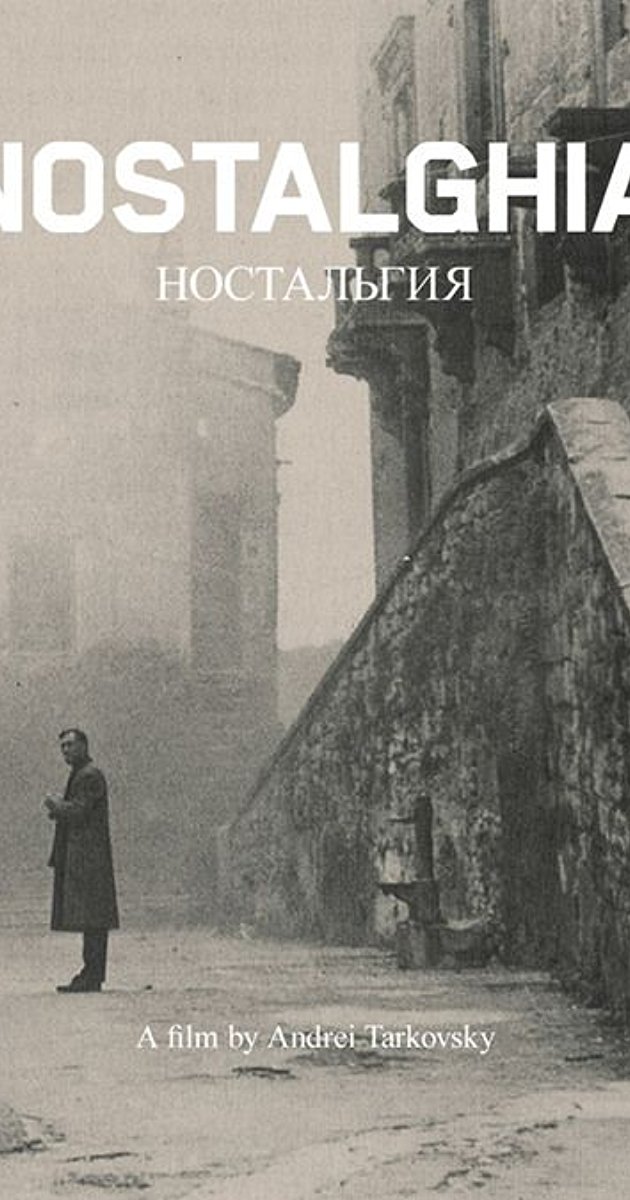
International Computer Magazine
|
Tarkovsky, a virtuoso who constantly quarrelled with time |
|
A life kept aside for cinema, each breath taken to perceive his vision and dreams of making films more life like, a rebel who travelled to his destiny in spite of all obstacles, Andre Tarkovsky, the master Russian film maker. Tarkovsky can be considered as the father of art house movies and rose to the level of one of the greatest filmmakers the world has ever seen through conceiving just 7 movies in his lifetime. Extremely long shots and slow panning camera were the fundamental aspect in his movies. There is movement and action happening during this slowness, but it is never boring because it has a rhythm and beauty of its own. He never liked editing off his shots, Tarkovsky believed that long unedited shots had more life like experience, thus editing did not appeal to him. Tarkovsky was an adament film maker, he never moves a finger out of the line of his ethics and believes while making a movie. This made his relationship with the government and film authorities strained and that explains why he did a mere number of 7 movies. He never considered film making as a carrier but strongly believed that it was his life's destiny to express his thoughts, opinions and feelings to the world in |
|
his own cinematic language, at his own pace. His ideology was to conjure the invisible out of the vast emptiness of the world. Tarkovsky studied at the State Institute of Cinematography and made many short films as a part of his course. His first full length movie, 'Ivan's Childhood' received critical reception from the audience and criticizers alike and bagged him the Golden Lion at the 1962 Venice film festival. Tarkovsky focused on creating lasting impacts on the minds of audience through visual imageries, symbolism and other natural and real life elements rather than long dialogues. He proclaimed that 'cinema is a visual art and words have mere significance in it'. You can observe the use of these visual elements to convey meanings in all his movies. For eg:- Ivan's childhood deals with the horror of a war stricken region in Russia under Nazi Germany, but the movie doesn't show a single shot of war. You can intensely feel and experience the brutality of the war through the sufferings, tensions and helplessness on the people's minds, their faces, their actions. The Russian authorities interfered with the script of his |
|
favorite movie 'Mirrors', stating that the film contained elements of elitism and was vague and un-interpretable. This made Tarkovsky heartbroken and to come out of the depression he did 'Andre Rublov' and 'Solaris'. But he never gave up on Mirrors whose edited script was accepted by authorities. But the ill fate followed Mirrors when it was banned by the government after a few days of show because Tarkovsky made changes in the script while shooting. The government declared it as a treachery against the nation. Fed up with all the government intervention's that forbid him from expressing his art genuinely he moved to France and produced his final films there; ‘Sacrifice’ and ‘Nostalgia’. Life of this celluloid legend came to a halt at the age of 54 due to lung cancer. Even at deathbed he was busy supervising the dubbing and editing of his last film Sacrifice. His movies were a mirror held towards the proceedings of time. They are still watched, studied and researched upon and hailed by world cinema lovers. Even after 30 years, his films are still fresh and relevant and an encyclopedia on varied techniques used in cinema. - Shruthi Nair |
 |